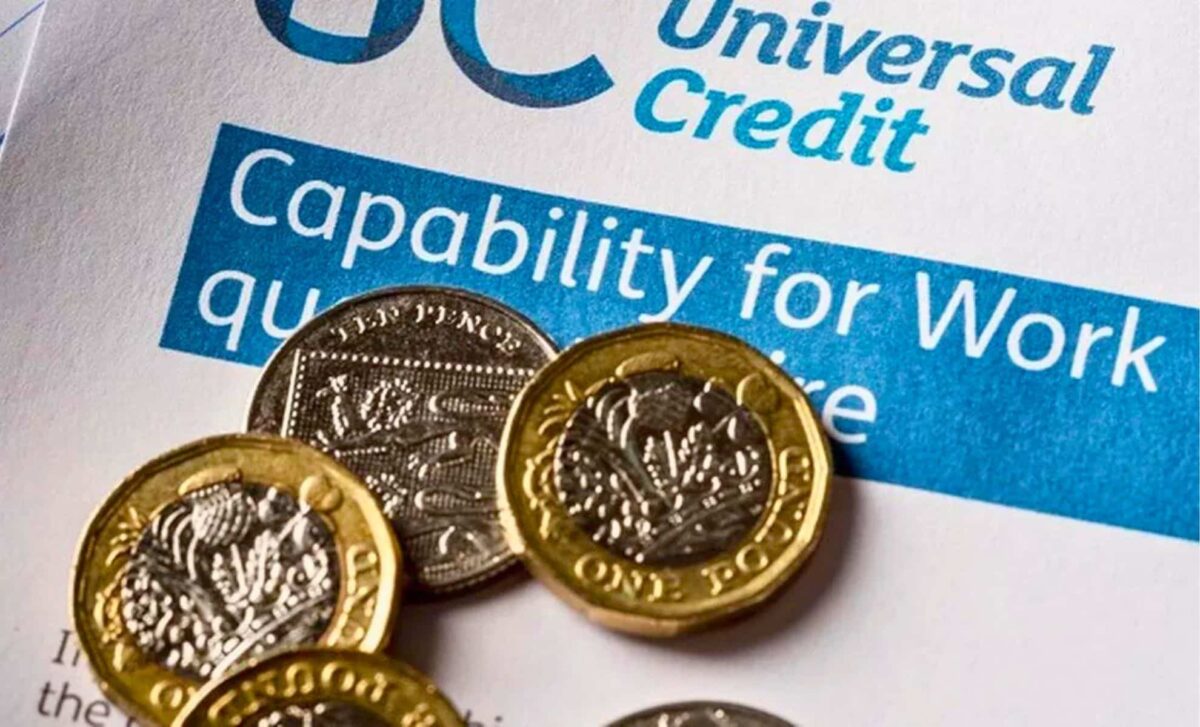A detailed report by the Institute for Fiscal Studies (IFS) has highlighted the groups most affected by the transition from traditional benefits to Universal Credit (UC). The Department for Work and Pensions (DWP) orchestrated the change, which affects millions of benefit recipients.
Recipients of some ‘traditional’ benefits, including Income Support, Tax Credits, Housing Benefit, ESA (income-based) with Child Tax Credit and JSA, have received notifications inviting them to switch to Universal Credit.
These notifications warn them that if they do not switch to Universal Credit, they risk having their benefits stopped altogether. By the end of the transition period, eight million people will have switched to Universal Credit.
The IFS report looked at the financial implications for those who have already made the transition. Disturbingly, there is one obvious demographic that is losing out – up to £4,000 a year.
This particularly hard-hit group is made up of households where one adult is over State pension age and the other is over State pension age. These households are “significantly worse off under the UC system than under the old benefits”.
The IFS explains: “Because the reform means they are entitled to UC rather than the much more generous Pension Credit, 70% of these households (180,000) lose more than £4,000 a year on UC.
Households with more than £16,000 in assets and the self-employed can also suffer significant losses under UC.
Universal Credit Reform Promises Gains but Leaves Some Worse Off
The study also found that households with children are most likely to benefit from Universal Credit, with 72% earning at least £200 a year, while only 22% lose out in the same proportion.
Working households and tenants also tend to benefit, as benefits are withdrawn more slowly as incomes rise under Universal Credit.
However, the IFS warned: “UC reform worsens the situation for numerous households, even if the average household gains. Families on disability benefits, mixed couples, the self-employed and those who fail a tougher asset test are much worse off under UC than under the old benefits.”
A number of transitional protections have been put in place to ensure that families are not immediately adversely affected when they move from the old system to UC, but these protections are temporary. Under current plans, these families will be worse off in the long term.
A potential policy response for a future government would be to permanently compensate these and other families who are adversely affected by UC. However, this would be costly and would make UC reform a greater net financial burden than it is at present.
The transition to UC is expected to be completed this year, with households receiving letters urging them to take action. In 2024, the focus has been on Income Support and Tax Credit recipients, with Housing Benefit recipients included in April and June.
In July, letters will be sent to people receiving ESA (Income Based) with child tax credit, then to people receiving tax credits (Pension Aged, including mixed couples) in August, and to people receiving JSA (Income Based) in September.









